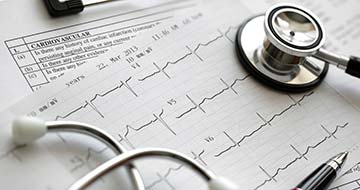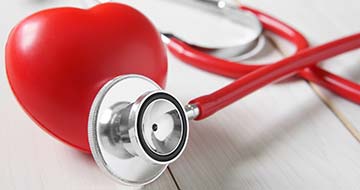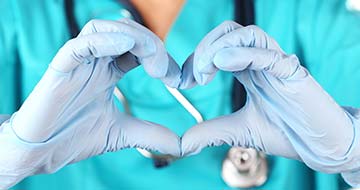Services
The first step in your care process is to understand the nature of your disease so that we can diagnose your condition.
Cardiac Electrophysiology, is the study of the electrical activities of the heart, specifically for the purposes of diag...
When our patients present with problems that may be cardiovascular in nature, we help determine the most likely diagnosi...
We help our patients improve blood flow in their arteries and veins by using very small tubes and specialized tools to d...
When the heart is functioning normally, the arteries are clear and open to allow for easy passage of blood through and o...
The highly trained surgeons and specialists at Biltmore diagnose and treat structural heart disease. We understand the n...
Heart Disease is the No. 1 Killer of Women
You may know that heart disease is the No. 1 killer of men and women in the U.S. So, what is different for women?
- One in three women will develop heart disease in their lifetime.
- More women die of coronary heart disease than men, and fewer women survive a first heart attack.
- Ninety percent of women have at least one risk factor for heart disease or stroke. Healthy lifestyle choices can make a positive difference.
- Risks for heart disease increase with age, especially after menopause, but can actually happen at any age, such as with pregnancy-related complications or many ovarian cysts.
- Heart attack symptoms can be as subtle as arm, neck, jaw or back pain, shortness of breath, nausea/vomiting or dizziness/lightheadedness.
- Women are less likely to receive guideline-recommended therapies, such as aspirin, and less likely to have interventions such as stenting. Talk with your doctor about heart disease.
Take care of yourself by not ignoring symptoms, getting an annual screening/checkup and asking questions about your heart health.







